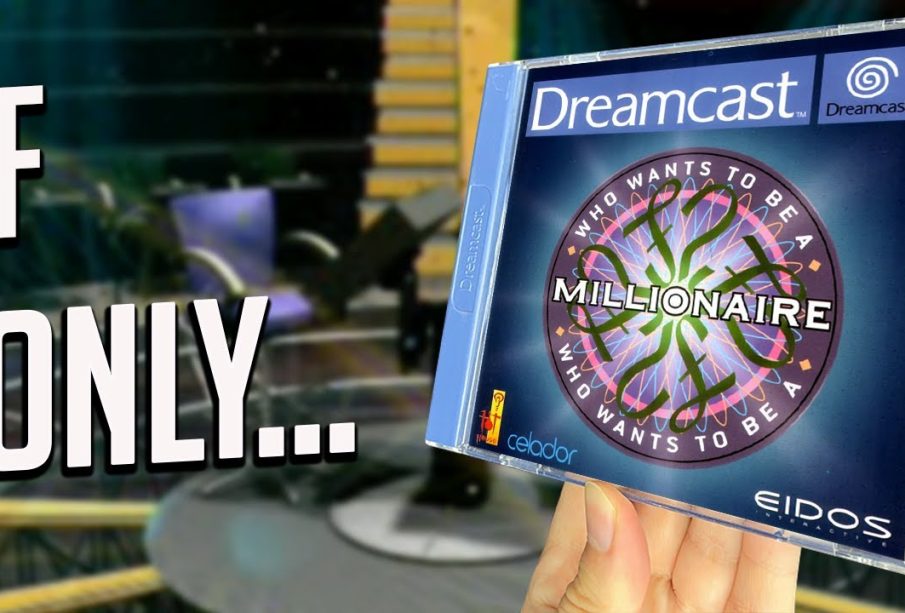Who Wants to Be a Millionaire: A Game Show Phenomenon

Introduction
Since its debut in 1998, ‘Who Wants to Be a Millionaire’ has become a cultural phenomenon and a staple of television quiz shows across the globe. With its unique format of asking contestants increasingly difficult questions for escalating cash prizes, the show has captivated millions of viewers and reshaped the game show landscape. Its significance lies not only in entertainment but also in its ability to influence popular culture and inspire countless adaptations worldwide.
Origins and Format
The show was created by British television producer David Briggs and premiered on ITV in the UK, hosted by Chris Tarrant. The concept was straightforward but effective: contestants answered questions of varying difficulty to win progressively larger sums of money, with the ultimate goal of one million pounds. The show introduced lifelines, allowing contestants to seek help from the audience or friends, which added layers of strategy and excitement to the gameplay.
Global Impact and Adaptations
Following its overwhelming success in the UK, the format of ‘Who Wants to Be a Millionaire’ quickly spread internationally, leading to versions in over 100 countries, including the US, India, Australia, and many more. The American version, which debuted in 1999 hosted by Regis Philbin, drew record viewership, further solidifying the show’s status in popular culture. The show’s format has inspired adaptations in various languages, demonstrating its universal appeal and adaptability.
Revival and Continuing Popularity
After a brief hiatus, the show made a resurgence in the UK with a special series featuring celebrities and a new host. This revival tapped into nostalgia while attracting a new generation of viewers. The format has evolved, incorporating digital platforms and mobile apps, allowing audiences to engage with the show in innovative ways. The enduring popularity of ‘Who Wants to Be a Millionaire’ highlights the public’s fascination with knowledge and the allure of winning life-changing sums of money.
Conclusion
‘Who Wants to Be a Millionaire’ remains a significant part of television history, transcending borders and generations. As it continues to adapt and thrive in the digital age, its impact on the game show genre and its role in popular culture seem poised to last. The show not only entertains but also challenges contestants and viewers alike to think critically and embrace the excitement that comes with knowledge and the chance to win big.









